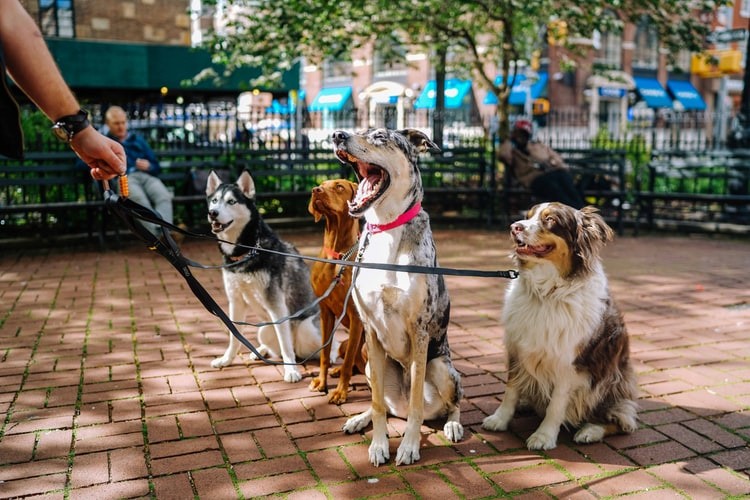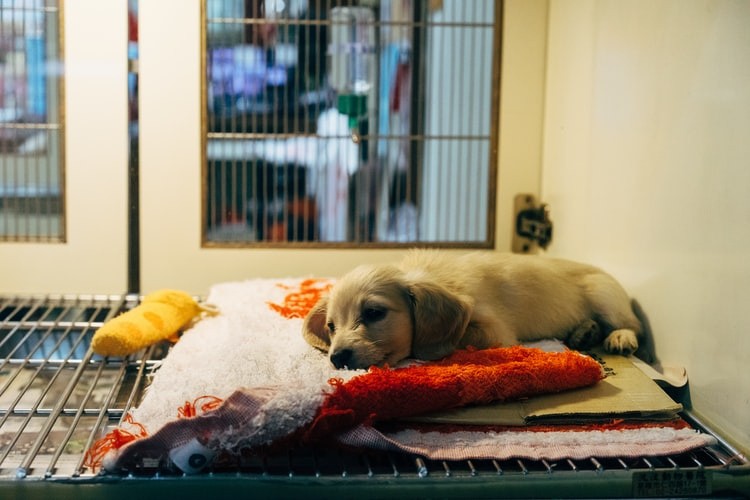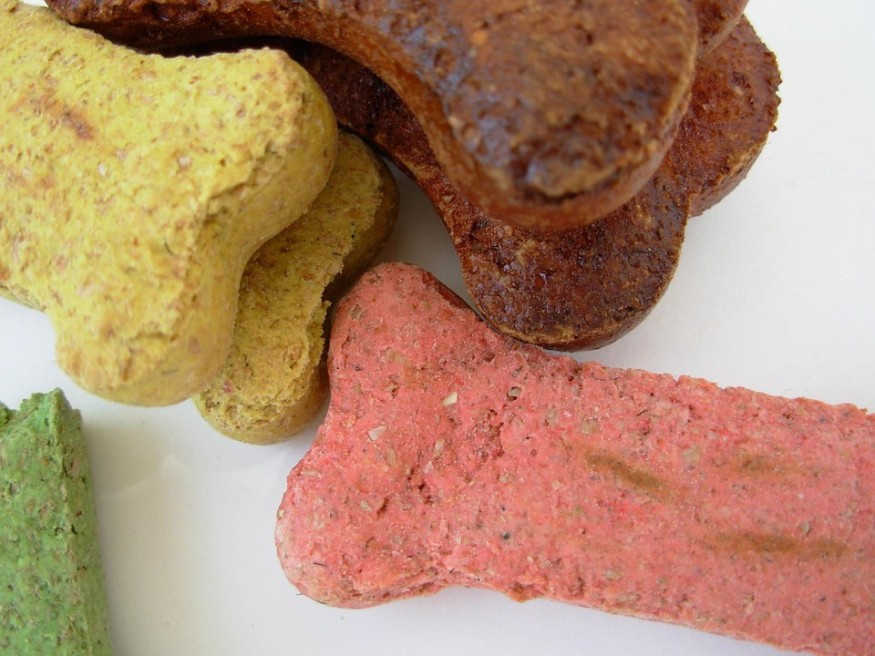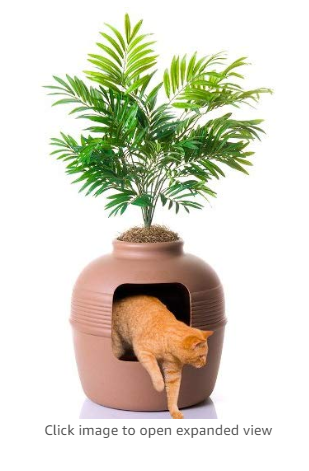In celebration of Earth Day, many try their best to live as green and sustainable as possible. Fortunately, many are successful.

But, owners don't have to stop at your own footprint if you're trying to live a more natural lifestyle; consider your pet's eco paw print as well.
Any decision we make for our pets, whether we know it or not, has the potential to have an effect on the world.
Although balancing the needs of our animals and the needs of the world is the most challenging task for eco-friendly pet owners, keeping our pets safe and happy should always come first. They are, after all, members of the family.
Related Article : Pet-Friendly Offices To Become a Norm Post-Pandemic, Survey Shows
To help achieve that goal, here are 3 tips to become a more sustainable and eco-friendly pet owner.
Adopt Don't Shop

In the United States, seven million dogs and cats are euthanized each year due to a lack of space in shelters. Perhaps more concerning is that 70 million abandoned animals in the United States do not have access to daily food or shelter. Adopting a pet in search of a stable family rather than buying it from a breeder is not only more cost-effective; it also ensures that one less animal is struggling to earn a living on the streets. You are saving a life when you foster from a shelter.
Though figures differ, about three to four million dogs and cats are euthanized ("put to sleep") in the United States each year because very few people spay or neuter their pets, foster new pets, and give up their old ones.
You'll help save the lives of two animals when you adopt a pet from an animal sanctuary or rescue group: the pet you adopt and a displaced animal that can be saved because of space you make available.
Choosing a Sustainable Diet

Create your own organic pet food if buying it doesn't appeal to you. Raw diets are a big fad right now, although they are time-consuming and divisive (and cut down on processed ingredients). You should also make your own dog food, so you know exactly what you're feeding them.
Do keep in mind that your pet's welfare comes first. Raw diets and organic snacks might not be the right option for them but do consult your veterinarian before making any major dietary changes. When it comes to boxed food brands, your veterinarian might be able to recommend some safe, natural alternatives. If you should decide to buy frozen or packaged food for your cat, make sure the packaging is recyclable and that you buy in bulk.
Practice Proper Waste Disposal

You may believe that leaving your dog's waste behind when he goes to the bathroom is perfectly natural. Still, tests indicate that if toxins spill into the water system, they can be dangerous to the ecosystem.
Some brands of cat litter contain toxic ingredients such as silica particles, which can be dangerous to both humans and animals. There are, thankfully, more environmentally-friendly solutions available. Purina makes a kitty litter out of recycled newspapers, and Cedarific uses eco-friendly fluffy cedar wood chips that smell wonderful. Choose a bag made of plant-based fabrics that can decompose and dispose of it for animals that do their business outdoors.
For more news about the latest animal trends, don't forget to follow Nature World News
© 2025 NatureWorldNews.com All rights reserved. Do not reproduce without permission.





